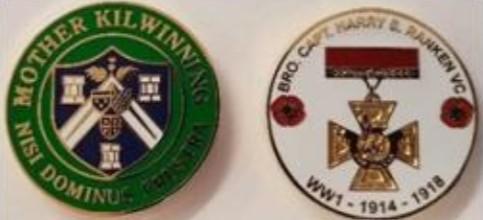Question What is a Cowan? Answer The Cowan is perhaps the most misunderstood individual in Freemasonry. The word comes straight from Scots operative Masonry of the late 16th Century and was not used in England until after 1738 when Anderson introduced it into his 1st Constitutions. A Cowan is a dry-dyker or dry stone waller who did not possess the skills of a time served Mason. From old records a Cowan was permitted to do much of the unskilled work of a regular Mason, who was thus left free for tasks of a higher order. A Cowan was ‘a mason without the word’, probably a labourer or an apprentice who had not fully served his apprenticeship but had acquired some skills and when in search of work ‘without the word’ was not allowed to affiliate with the genuine craftsmen and had to be content with any class of work that fell to him.
The stringent rules under which he was employed were designed to prevent him acquiring either full craftsman’s skill or any technological understanding of his craft. Probably the origin of the ‘closed shop’ Keeping off all Cowan’s and intruders to Masonry was a way of preserving the skills of those who had completed a 7 year apprenticeship on low wages, from those who just tried to muscle in on the Craftsman’s higher status and pay. Thanks to the PGL Warwickshire.
From Lodge Greyfriars No.1221 which used to meet in Dennistoun is now defunct. The jewel on the left would probably have been on the ribbon of a PM’s jewel while the jewel on the right probably hung from an anniversary medal.
Cross Keys January 2022
Page 14
















